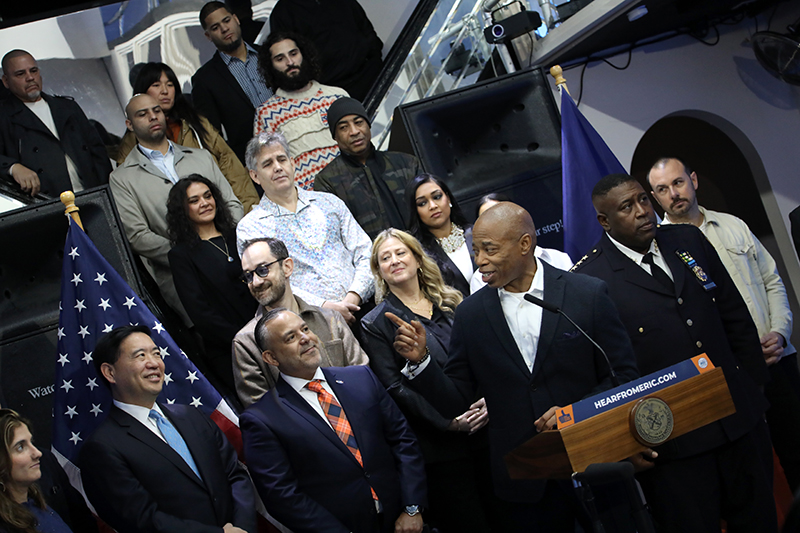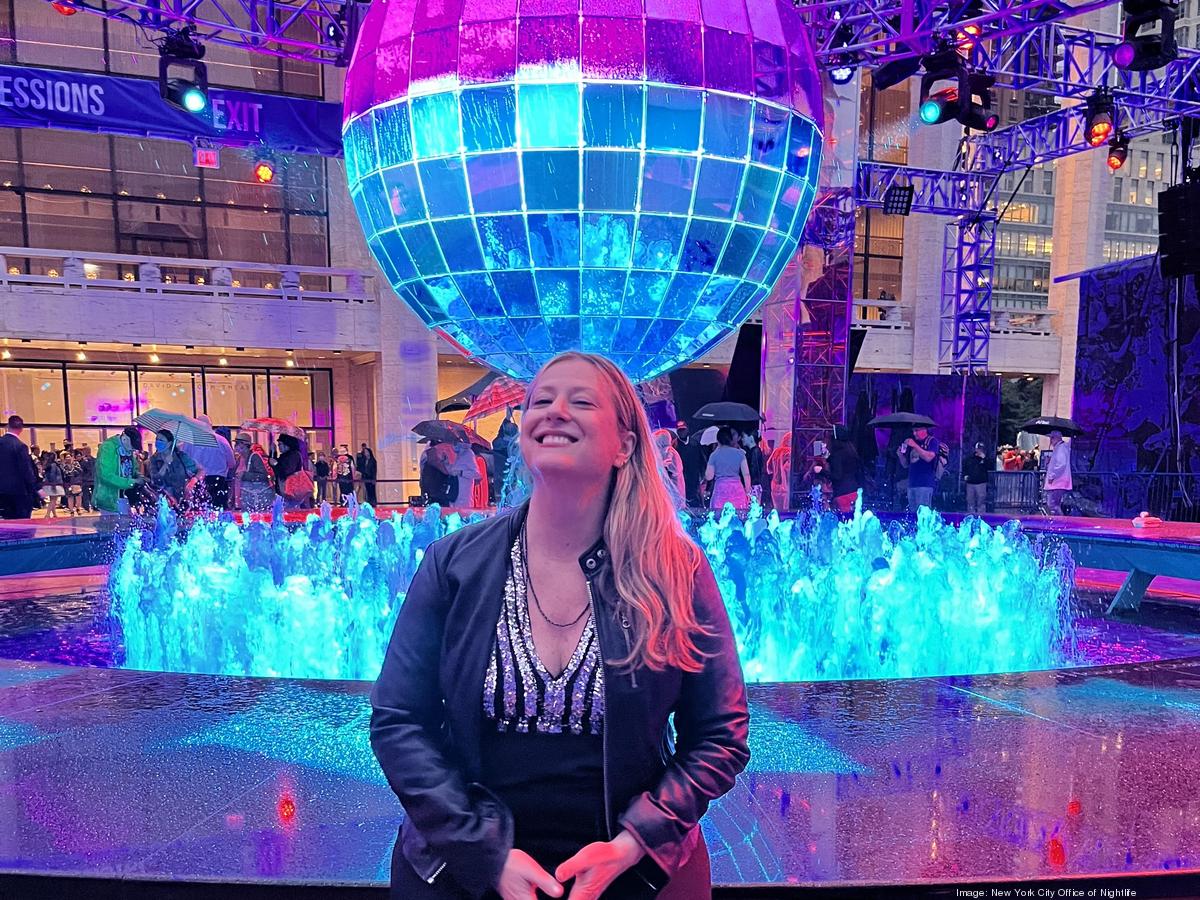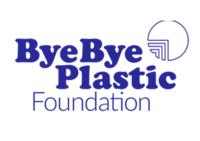New York City Mayor Eric Adams, along with representatives from the New York City Police Department (NYPD), Department of Small Business Services (SBS), and Office of Nightlife (ONL), announced on December 28, the launch of the "Coordinating a United Resolution with Establishments" (CURE) initiative, a transformative approach to nightlife enforcement aimed at enhancing public safety while fostering a more equitable and collaborative relationship between nightlife establishments and the community.
CURE has replaced the NYPD's "Multi-Agency Response to Community Hotspots" (MARCH) program, which was criticized for its heavy-handed enforcement tactics and disproportionate impact on minority-owned businesses. Under the new CURE process, precincts will work closely with ONL to engage with nightlife establishments before resorting to enforcement actions. This collaborative approach aims to address community concerns proactively and provide businesses with ample opportunities to correct any potential violations.
"New York City is the nightlife capital of the world, and we need to ensure that businesses can thrive while maintaining public safety," said Mayor Adams. "The CURE initiative represents a significant step forward in our efforts to create a more equitable and effective approach to nightlife enforcement. By prioritizing cooperation over confrontation, we can work together to protect our neighborhoods and ensure that everyone can enjoy the vibrant nightlife that New York City has to offer."
Under CURE, precincts will initiate a series of steps to address potential issues with nightlife establishments before seeking enforcement action. These steps include in-person daytime visits, written documentation of incidents, and in-person meetings between business owners and local precinct officials. In cases involving complaints from local residents, ONL's Mediating Establishment and Neighborhood Disputes NYC free mediation program will be engaged to help improve neighborhood relations through neutral, third-party mediation.

The new CURE process ensures that only businesses that have repeatedly disregarded community concerns and failed to cooperate with the NYPD or ONL will face significant enforcement action. This approach prioritizes non-enforcement solutions and aims to foster a productive dialogue between businesses, law enforcement, and the community.
"The NYPD is committed to working collaboratively with the Office of Nightlife to address community concerns in a fair and equitable manner," said NYPD Commissioner Edward Caban at the presentation of the initiative. "The CURE initiative represents a significant shift in our enforcement approach, focusing on prevention and cooperation rather than punitive measures. We believe this approach will better serve the community and uphold the highest standards of public safety."
"The SBS is proud to support the CURE initiative, which aligns with our mission of fostering a vibrant and equitable small business community," said SBS Commissioner Kevin D. Kim. "By prioritizing collaboration and providing businesses with opportunities to address potential issues, we can ensure that nightlife establishments thrive while maintaining a safe and welcoming environment for all."
"The Office of Nightlife is excited to implement the CURE initiative, which represents a new era of engagement between nightlife establishments and the city," said ONL Executive Director Jeffrey Garcia. "We believe that this collaborative approach will help to prevent unnecessary enforcement actions, protect public safety, and ensure that New York City's nightlife industry continues to thrive."
The launch of CURE is widely welcomed by nightlife industry stakeholders, including community groups, small business associations, and elected officials.
The evolution from MARCH operations to the CURE process is a testament to the dedication of the Office of Nightlife and its leadership in advocating for a more equitable approach to nightlife enforcement," said former ONL Director Ariel Palitz. "I am proud to have played a role in this important transition, and I am confident that CURE will create a more positive and productive relationship between nightlife businesses and the city."

The nightlife sector, very satisfied with the implementation of the new CURE plan in NYC
"CURE represents a significant step forward in our efforts to create a safer and more vibrant nightlife scene in New York City," said New York City Hospitality Alliance Executive Director Andrew Rigie. "We are committed to working with the NYPD, SBS, and ONL to ensure that this new process is implemented effectively and that nightlife establishments have the resources they need to succeed."
"The CURE initiative is a welcome change that will help to protect public safety while fostering a more supportive environment for nightlife establishments," said Nightlife United Founding Partner and President Varghese Chacko. "We are grateful to the Office of Nightlife for its leadership in developing this new approach."
On the other hand, New York State Latino Restaurant Bar & Lounge Association President Sandra Jaquez said “The CURE initiative is a crucial step towards ensuring that nightlife establishments are held accountable for their actions while also providing them with opportunities to address potential issues. We commend the Office of Nightlife for its commitment to creating a more equitable and collaborative enforcement process."
For its part, the International Nightlife Association also welcomes this new collaborative way of approaching the nightlife sector. As stated by its general secretary Joaquim Boadas, “We are very grateful to the NYC Mayor Eric Adams for implementing this new way of collaborating with the nightlife sector, respecting it and taking into account that these are companies that offer an essential service to the community and that In addition to employing thousands of people and offering entertainment to millions of them, they constitute a top-level tourist attraction. We will work to export and promote this model in other cities in the world, even those that still lack a Nightlife Office so that they implement it and consider the night sector as an important part of the city since a city without night is a "lifeless city"“.







